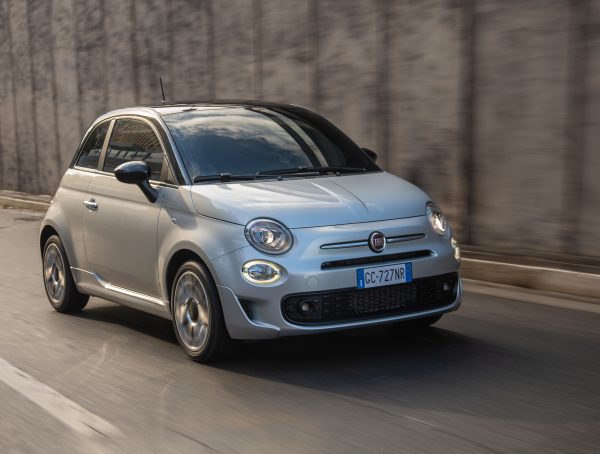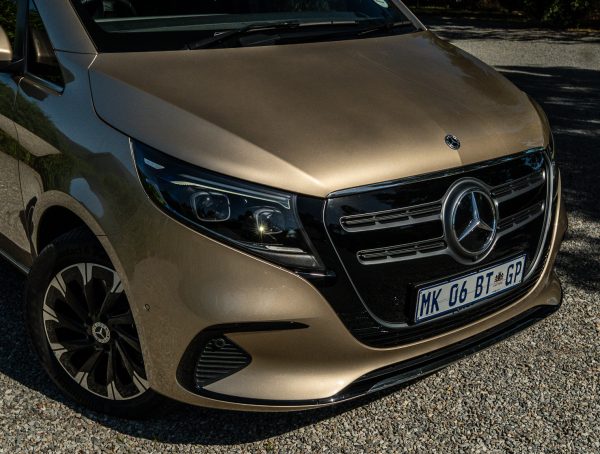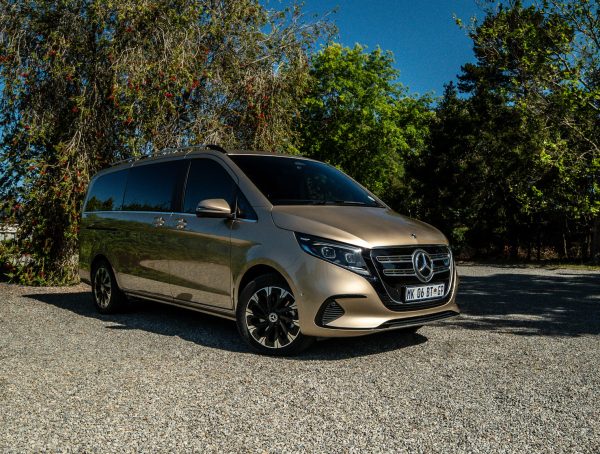Fiat Chrysler Automobiles and Groupe PSA, the European giant behind Peugeot, Citroen, and others, will merge was officially confirmed last week. The 50/50 deal will see the combined automakers become the fourth largest global OEM in terms of vehicle sales, together selling 8.7 million in 2018 alone. Combined 2018 revenues topped U$D 187 billion.
The deal comes as the automotive industry finds itself in a thrilling instability. On the one hand, tightening emissions standards are demanding more and more efficient vehicles, as well as more efficient plants producing them.
At the same time, a growing demand for electric vehicles, not least from regulators wanting to oust gas and diesel cars and trucks from their roads, is forcing significant investment into development of BEV and PHEV technology. That’s proving to be expensive, with the biggest players already creating standardized platforms with which they can create numerous models of different sizes, ranges, and prices. Combined with the fall in demand for new cars globally, it’s a challenging situation for any automaker.
FCA and Groupe PSA’s approach, then, is to team up, capitalizing on shared development investment and their existing sales footprint in North America and Europe, respectively. The merger will be a strict 50/50 affair, formed under a Dutch parent company. Five board members will be nominated by each automaker, with John Elkann as chairman and Carlos Tavares as CEO for an initial five-year tenure.

Together, the amalgamated company could unlock 3.7 billion euro in annual run-rate synergies, FCA and Groupe PSA suggests. That would come “principally from a more efficient allocation of resources for large-scale investments in vehicle platforms, powertrain and technology and from the enhanced purchasing capability inherent in the combined group’s new scale” it’s suggested.
No plants would need to close, the automakers say, and they project 80-percent of the synergies estimated could be achieved after four years. There’ll be a one-time cost to get that ball rolling, of course, which is estimated at 2.8 billion euro.
If all goes to plan, FCA shareholders will share a 5.5 billion euro dividend, as well as the automaker’s shareholding in Comau. Peugeot would similarly distribute to its shareholders its 46-percent in Faurecia.
Once complete, the merger will produce an automotive player with a broad range. “The extended portfolio would cover all market segments with iconic brands and strong products based on rationalized platforms and optimization of investments,” the two companies suggest. That includes Chrysler and Dodge, Alfa Romeo and Fiat, Jeep and RAM, Maserati, and the Mopar and SRT tuning brands from the FCA side.

From Groupe PSA, meanwhile, there would be Peugeot and Citroen, DS Automobiles, Opel and Vauxhall, and the DS Performance, Citroen Racing, and Peugeot Sport brands. Peugeot had cemented it’s return to the South African market. It’s unclear what the merged company’s name will be at this stage.
One of the primary goals is likely to be developing a compelling electric platform. Each automaker has EVs in its range, but they’re based on different technologies and architectures, and have met with mixed reaction in the market. In September, FCA announced that it would be ending sales of the Fiat 500 and 500e in certain key markets, while earlier in the year a collaboration on a shared EV platform between FCA and PSA was tipped to be in the works. That will need to happen fast, though, since cars using VW Group’s electric-native MEB platform are just about to ship.
At the same time, FCA’s range in South Africa is overdue a refurbishment. FCA itself has said that EVs are a priority, suggesting back in mid-2018 that it would have 10 new BEVs on the market by 2022. It’s unclear where the automaker is up to on that roadmap.
That’s not to say Groupe PSA has been having it easy, either. The automaker had been seeking a merger with Renault, but discussions broke down earlier in the year, not least after the French government – an investor in both – waded in.
You might also like
More from Cars
Mercedes-Benz EQV 300: 5 Top Features That Define It
Discover the 5 standout features of the Mercedes-Benz EQV 300 luxury electric people mover, including its 90kWh battery, 110kW DC …
Qatar Airways’ AI Cabin Crew ‘Sama’ helps secure Top Award
Qatar Airways secures the ‘Best Airline App 2025’ award at the World Aviation Festival, largely due to its world-first AI …
Mercedes-Benz EQV 300 Review: South Africa Road Trip Test
When Mercedes-Benz globally announced the launch of the EQV 300, their first all-electric luxury people mover a few years ago …








